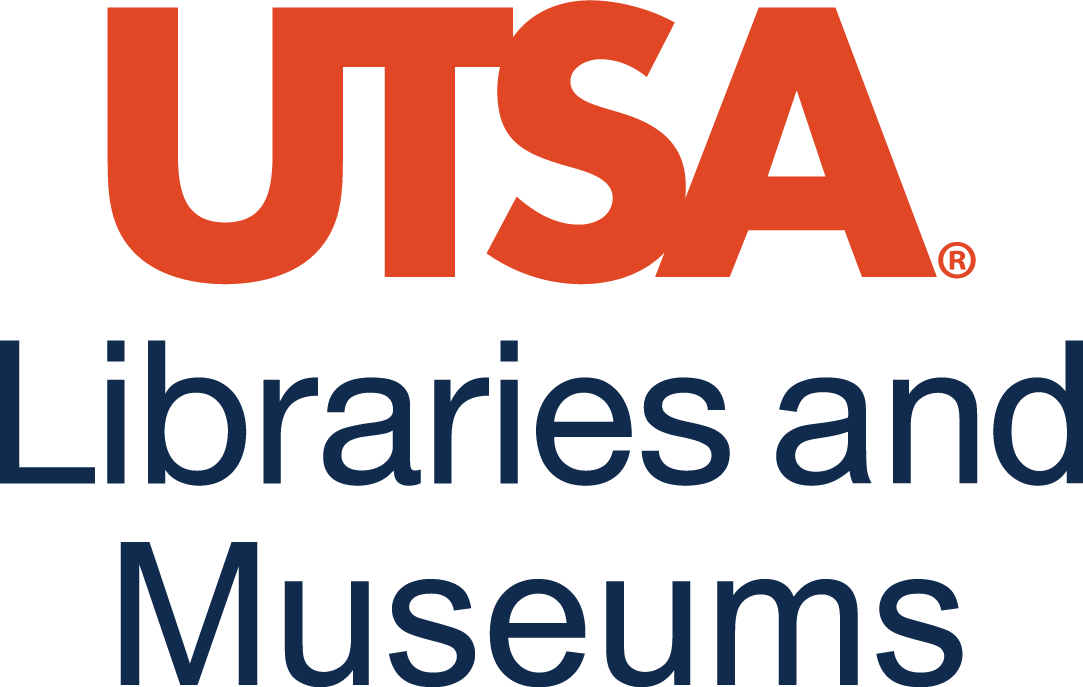Mudule 10.2 Culture notes
In Japan, 65% of 25-34 year-olds had a tertiary qualification in 2021 compared to 47% on average across OECD countries.
The higher education system, in Japan, is comprised of universities, junior colleges, and vocational schools. Students also attend preparatory schools to improve their academic performances and skills to pass the annual entrance exams to attend college.
| Universities |
Universities in Japan are divided into two main categories: national universities and private universities. National universities are owned and operated by the government, while private universities are privately owned and operated. Many universities offer both undergraduate and graduate degrees.
Once having passed the competitive entrance exams and been admitted to a university, students typically spend four years earning their bachelor’s degree.
| Specialized universities |
In Japan, there are three types of specialized universities that focus on specific fields of study:
- 教育大学 (Kyōiku Daigaku) – National Universities of Education: These universities specialize in teacher training and education-related fields.
- 芸術大学 (Geijutsu Daigaku) – National Universities of Arts: These universities specialize in fine arts, music, theater, and other creative fields.
- 工業大学 (Kōgyō Daigaku) – National Universities of Technology: These universities specialize in engineering, science, and technology-related fields.
| Junior colleges |
In addition to universities, Japan also has a large network of junior colleges, which offer two-year programs in a variety of subjects, including nursing, education, and business. Junior colleges are generally less competitive than universities and are often seen as a more practical option for students who are not interested in pursuing a full four-year degree.
| Vocational schools |
Vocational schools are also popular in Japan and offer specialized training in a variety of fields, including technology, fashion, and culinary arts. Vocational schools are typically privately owned and operated and may offer shorter programs than universities or junior colleges.
| Juku |
“Juku” (塾) is a type of private, after-school educational institution that provides additional academic instruction to students outside of regular school hours. Juku schools are quite common in Japan and are attended by students of all ages, from elementary school to university.
The curriculum at juku schools typically focuses on academic subjects such as math, science, English, and Japanese, and may also include test preparation for high school and university entrance exams. Some juku schools may also offer specialized courses in subjects such as music, art, and sports.
| Ronin and Yobiko |
In Japan, the term “ronin” (浪人) traditionally referred to a masterless samurai without a lord to serve. In modern times, the term “ronin” is often used to describe students who have failed to gain admission to their desired university and are taking a year off to study and retake the entrance exams.
These students would study at “Yobiko” (予備校), a type of private school that offers specialized courses to prepare Ronin students for the following year’s university entrance exams. Yobiko prepares students for academic subjects as well as test-taking strategies and study skills.
Sources:
https://gpseducation.oecd.org/CountryProfile?primaryCountry=JPN&treshold=10&topic=EO
https://www.alluniversity.info/japan/
https://japantoday.com/category/features/lifestyle/5-ways-college-life-is-different-in-japan-and-u-s
https://www.timeshighereducation.com/student/blogs/day-life-student-japan
じゅく
ろうにん
よびこう
